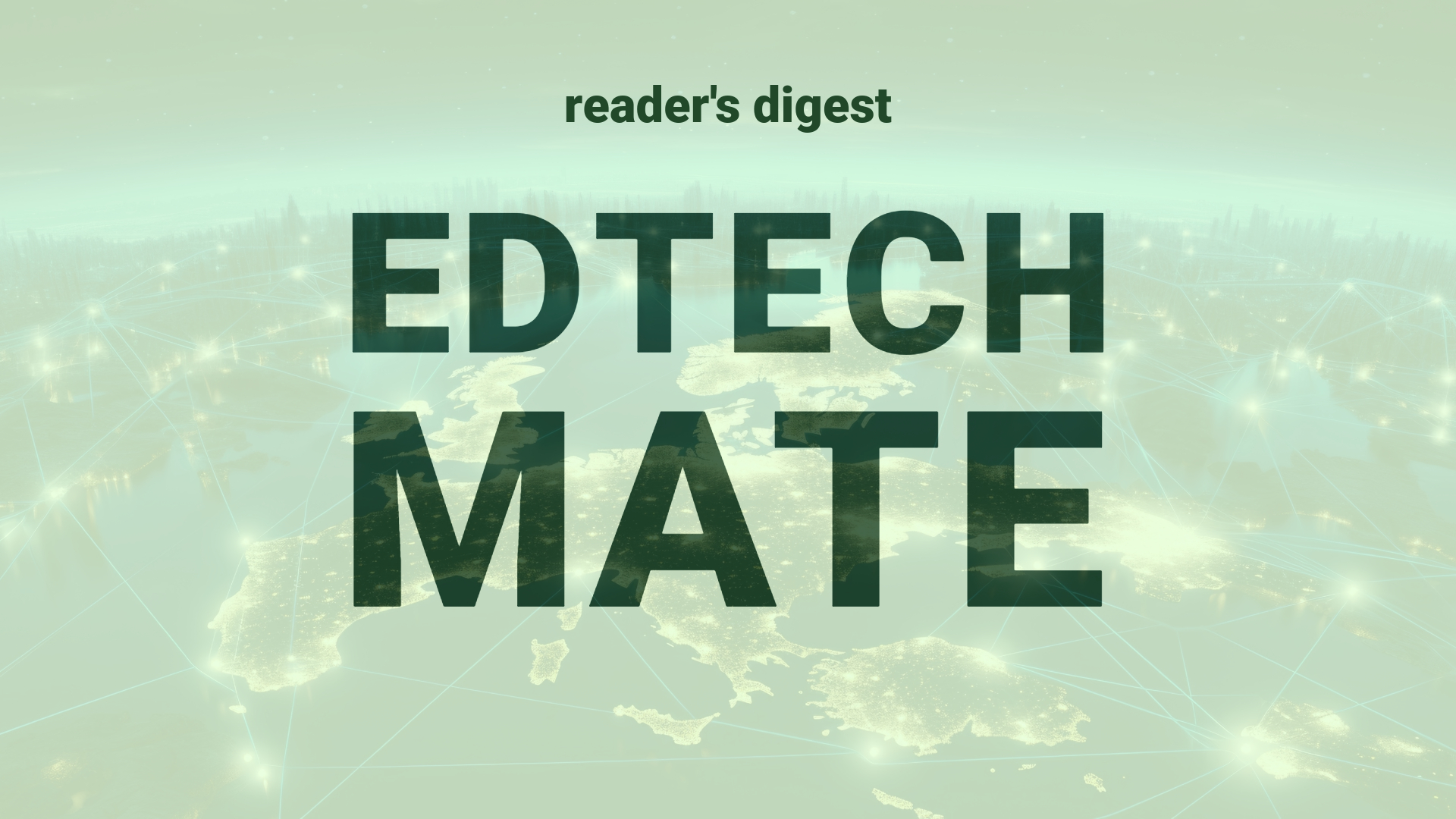“`html
Executive Summary and Main Points
The integration of generative AI (gen AI) into workplace operations symbolizes a transformative stride within global higher education dynamics, emphasizing the interplay of digital efficiency and work satisfaction. Crucial revelations from BCG research elucidate that employee contentment trumps productivity alone, advocating for gen AI’s role in enhancing work enjoyment. The discovery that teams with higher gen AI adoption rates experience both elevated effectiveness and joy forms the cornerstone of emergent trends, where technology is harnessed to balance performance advancements and emotional well-being.
Potential Impact in the Education Sector
Generative AI could revolutionize Further and Higher Education alongside the burgeoning sector of Micro-credentials. By automating mundane tasks, gen AI positions itself to augment the faculty’s productivity, enabling educators to invest more energy in pedagogic innovation and student engagement. Strategic partnerships between education providers and tech companies could lead to bespoke AI tools designed for academia, promoting personalized learning experiences and operational efficiency. The digitalization inherent in gen AI’s application fosters an environment for cross-institutional collaboration and continues evolution in teaching methodologies.
Potential Applicability in the Education Sector
Incorporating generative AI into global education systems could manifest through AI-driven administrative support, curriculum design, and personalized student interaction. For instance, AI-enhanced scheduling tools can handle the complexities of coordinating cross-departmental activities or multinational research collaboration. Furthermore, gen AI could assist in creating dynamic course materials that adapt to student feedback, fostering an engaging academic experience tailored to diverse learning needs. The use of these digital tools aligns with the ongoing shift towards technology-enriched education landscapes worldwide.
Criticism and Potential Shortfalls
However, integrating gen AI within higher education is not without its critiques. Real-world case studies suggest potential shortfalls, including the risk of tech-reliance potentially inhibiting critical thinking skills among learners. Ethically, the cultural nuances of international education necessitate careful consideration to avoid homogenization of educational experiences. For instance, the implementation of gen AI must respect and adapt to various pedagogical traditions and institutional values, ensuring inclusivity and diversity remain intact across academic communities.
Actionable Recommendations
To successfully implement gen AI within higher education, educational leaders should pursue a collaborative approach, promoting a co-creative culture where educators and students partake in tailoring AI tools to their needs. Initial steps could include piloting gen AI applications in administrative workflows to establish a proof of concept, followed by strategic scaling to academic functions. Continuous training and support for faculty and administrators in AI use are paramount, as is fostering an institutional mindset that values technological innovation in the pursuit of academic excellence and student fulfillment.
“`
Source article: https://hbr.org/2024/06/how-gen-ai-can-make-work-more-fulfilling

